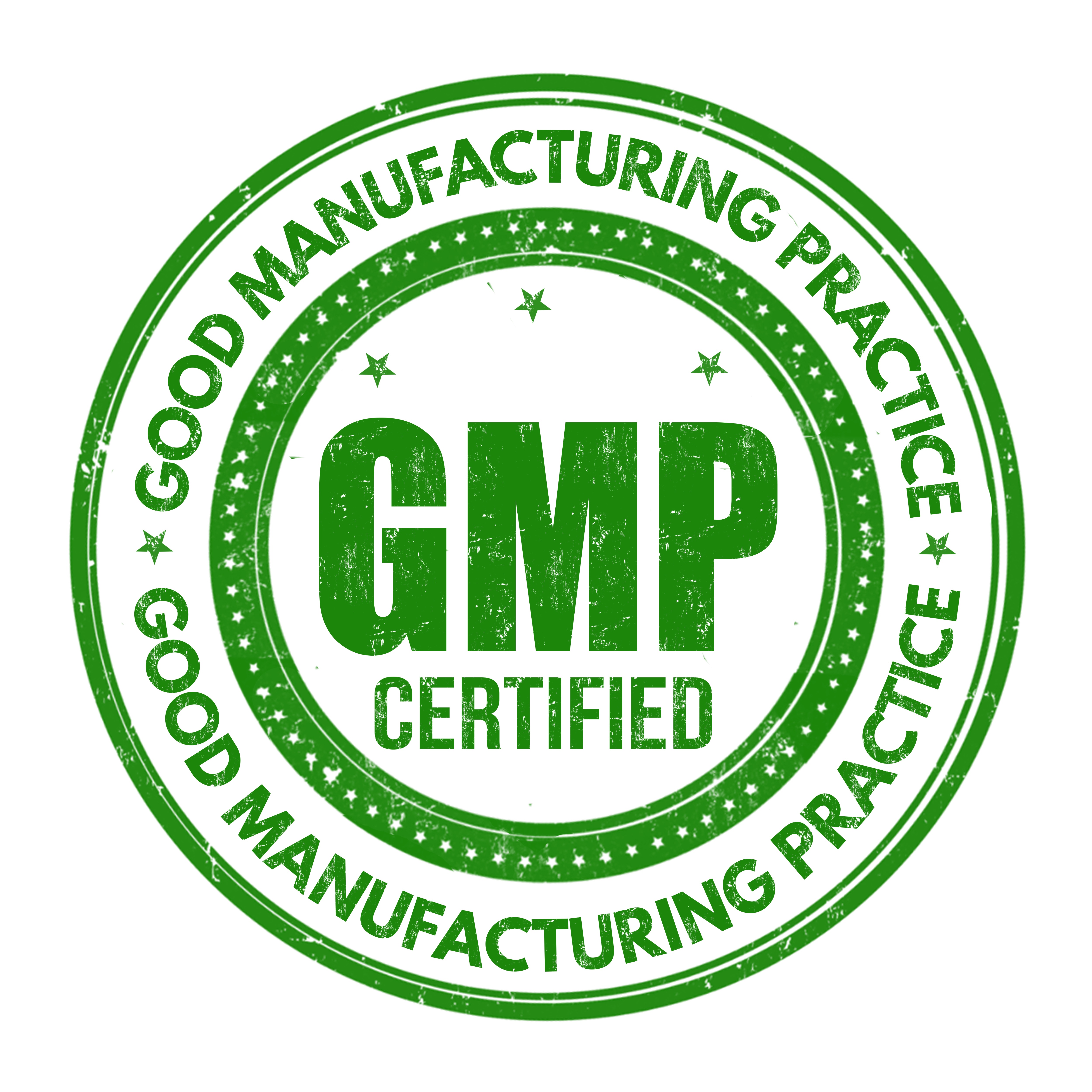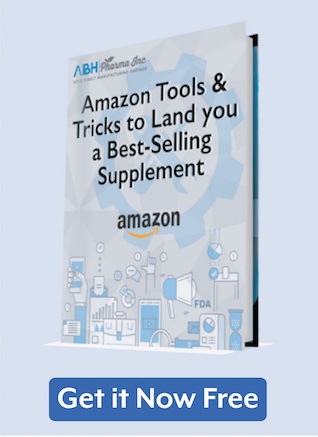Prenatal vitamins are a product that helps to bolster the vitamin intake for women who are pregnant. However, the scope and use of prenatal vitamins have grown as their usefulness benefits many other types of women.
As a quality manufacturer of prenatal supplements ABH Pharma knows the importance of nurturing your child before they are born. We have experience creating not only prenatal supplements but many other supplements for your childrens needs. So, what is so important about prenatal vitamins and what should I look for in a prenatal vitamin? Let's explore.
What Should I Look for in a Prenatal Vitamin?
People, including pharmaceutical and nutraceutical companies tend to focus on the iron and folic acid.
Folic acid is important even before you conceive throughout your pregnancy.
There is a lot of research that shows how beneficial folic acid is as a preventative for pregnancy-related complications such as spina bifida and anencephaly. At ABH Pharma we are both prenatal vitamin manufacturers and folic acid manufacturers.
How Folic Acid Helps Prevent Birth Defects
The Center for Disease Control (CDC) recommends a minimum of 400 mcg of folic acid via supplements and also encourages women to eat foods that are rich in folic acid in conjunction with taking a supplement that has folic acid in it. [1]
So, one of the things that you should look for in a quality prenatal vitamin is folic acid in 400 mcg doses.
Iron Assists in the Prevention of Birth Defects Too
One of the big fears about not getting enough iron is iron-deficiency anemia.
Iron plays a large role in the production of healthy red blood cells. Iron-deficiency anemia is the depletion or low level of red blood cells due to a lack of iron.
It is difficult to obtain enough iron from diet alone. This is due to the changes in the foods we eat in a modern diet.
Iron deficiency in pregnancy leads to premature births, lower birth weights, and decrease the risks of infant mortality. [2]
According to PubMed Health women need 20-30 mg of iron, each day depending on their age. [3] So, a quality prenatal vitamin has enough iron to meet your daily consumption needs.
You can increase your iron intake by eating foods that are rich in iron. Those include red mean, beans and peas.
The Hidden or Missing Vitamin that Pregnant Women Need
Vitamin K2 is a life-saving vitamin that helps the blood to clot. Hemorrhagic disease occurs when there is a low level of vitamin K in the body.
Hence why every vitamin manufacturer is incorporating vitamin K2 into their ingredient lists.
In pregnancy, it helps stop bleeding and bleeding problems in newborn babies. Vitamin K2 also 4]
4]
There is a relationship between Vitamin K2 a protein called Matrix Gla Protein or MGP.
MPG is dependent upon vitamin K2, and one of the things that it does is it helps the body's blood vessels to prevent artery and vein mineralization - plaque build-up in the vessels.
Plaque deposits lead to hardening of the arteries, stroke, poor blood flow and a myriad of other heart diseases.
Thus, vitamin K2 is an essential part of maintaining and improving heart health both for mothers and babies.
Vitamin K2 in children is one of the best ways to help with the development of stronger bones.
Who are the populations of Americans with the lowest levels of vitamin K2?
Who are the two groups that suffer the most from causal bone issues - Adults over the age of 40 and children. Osteoporosis in adults starts as early as 30 years of age.
Children have softer bones because they are growing. [ 5 ]
How much Vitamin K2 Do You Need?
The National Institute of Health recommends that pregnant women take 90 mcg of vitamin K per day if they are over the age of 19 and 75 mcg of vitamin K per day if they are between 14-18 years of age. [6]
So one of the things that you should look for in a quality prenatal vitamin is vitamin K and specifically vitamin K2.
You can also help your body get more vitamin K by consuming foods that are rich in vitamin K. Those include egg yolks and leafy greens such as kale!
The difference between vitamin K1 and K2 is vast. While many supplements and food labels only mention vitamin K, it is important to make the distinction.
Vitamin K2 is an essential part of the process that the body uses to convert calcium and other bone minerals into bone. [7]
The importance of vitamin K2 opens up the door for the use of prenatal vitamins for many more women, such as those who suffer from heart disease, osteoporosis, etc.
As a stand-alone supplement, vitamin K2 takes on a greater importance now that the scientific community understands the differences between vitamin K2 and K1.
The potential for Vk2 for children is big. Stronger bones mean improved health, better blood, and easier time growing.
Can you use more vitamin K2? When you look for a quality prenatal vitamin, pay close attention to the supplement packaging and it's vitamin K contents!
Deeper Learning:
[1] Plan Ahead: Folic Acid Can Help Prevent Certain Birth Defects - CDC
[2] Iron Deficiency Anemia - The Mayo Clinic
[3] Pregnancy and Birth: Do All Pregnant Women Need to Take Iron Supplements? - PubMed Health
[4] Vitamin K - MedlinePlus
[5] Vitamin K and Bone Health - US National Library of Medicine
[6] Vitamin K - National Institutes of Health
[7] Bone health and osteoporosis: the role of vitamin K and potential antagonism by anticoagulants - US National Library of Medicine








